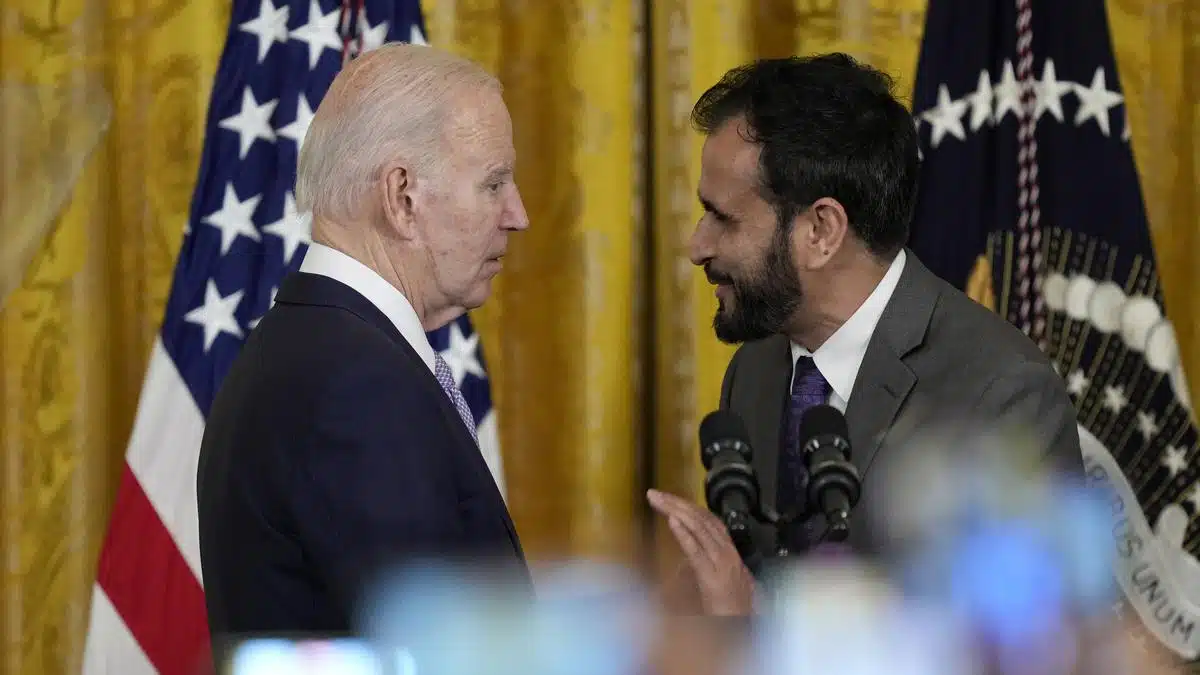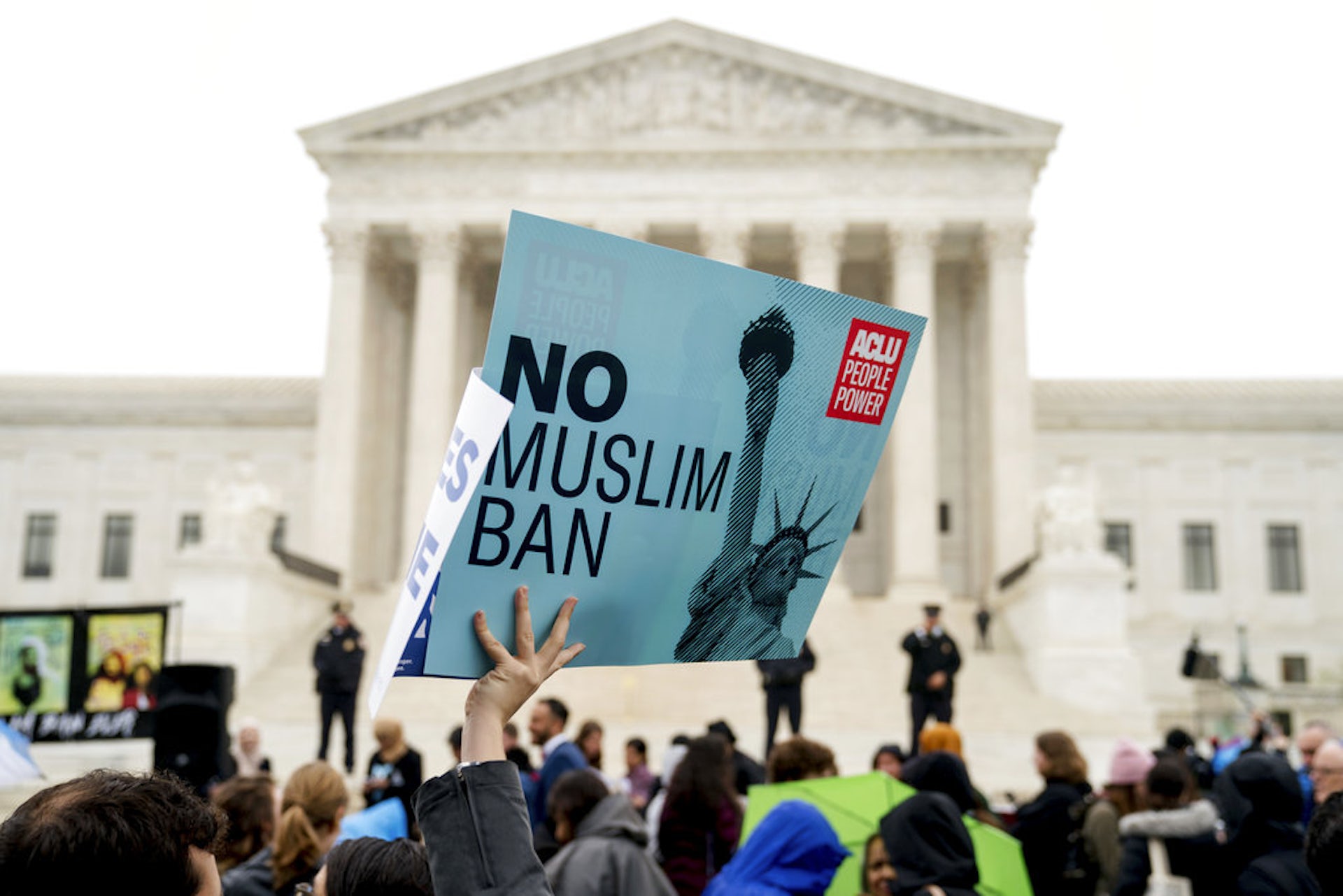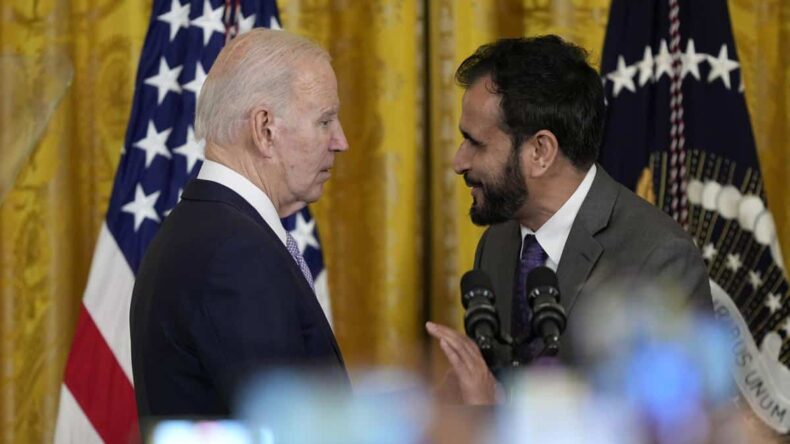
The White House Eid celebration is an annual event hosted by the President of the United States to mark the end of Ramadan, the holy month of fasting and prayer for Muslims. The event is an opportunity for Muslim leaders and activists to meet with the President and other government officials, and to celebrate their faith and culture.
This year’s celebration was held on May 1st, 2024, and was attended by a number of Muslim leaders and activists from around the country. However, one notable absence from the celebration was Mohamed Khairullah, Mayor of a New Jersey town.
Khairullah’s Invitation to the Celebration
Khairullah was invited to attend the White House Eid celebration, along with other Muslim leaders and activists. He accepted the invitation and made plans to travel to Washington, D.C. for the event. However, shortly before Khairullah arrived at the White House gates, he was informed that his name was not on the entry list. Khairullah expressed his disappointment, stating that he was “deeply hurt” by the snub.
The snub of Mohamed Khairullah from the White House Eid celebration has drawn attention to the issue of diversity and inclusion in the White House, particularly in regards to the Muslim community. Khairullah’s exclusion from the event has been interpreted by some as a deliberate act of discrimination based on his Muslim idenitity, despite the event being for the celbration of the end of the Muslim holy month of Ramadan. The incident has also been seen as a missed opportunity for the White House to show its commitment to diversity and inclusion, and to demonstrate its respect for the Muslim community.

Islamophobia in the United States
The incident is part of a larger pattern of discrimination against Muslims in the United States. Since the 9/11 attacks, Muslims have been subjected to increased surveillance, discrimination, and harassment, which severely intensified under the Trump administration. Muslims in the United States have been targeted by hate crimes, travel bans, and other discriminatory policies. Many Muslims feel marginalized and excluded from American society, and they are calling for greater representation and recognition in positions of power.
Inclusion and Representation
The exclusion of Khairullah from the White House Eid celebration highlights the need for greater inclusion and representation of marginalized communities in positions of power. It also underscores the importance of empathy and understanding towards diverse communities.
As the world looks to the United States for leadership, it is imperative that the country takes steps to promote diversity and inclusion, both at home and abroad. The United States has a responsibility to set an example for other countries in terms of respect for diversity and the promotion of tolerance.
The snub of Mohamed Khairullah from the White House Eid celebration is a reminder of the ongoing discrimination against Muslims in the United States, and the need for action to address this issue. It also highlights the importance of representation and inclusion of diverse communities in positions of power and the need for greater empathy and understanding towards marginalized groups.












